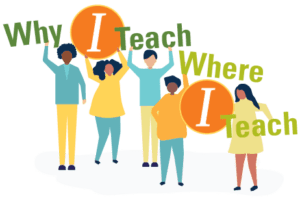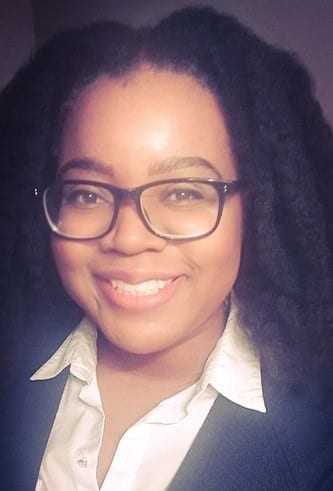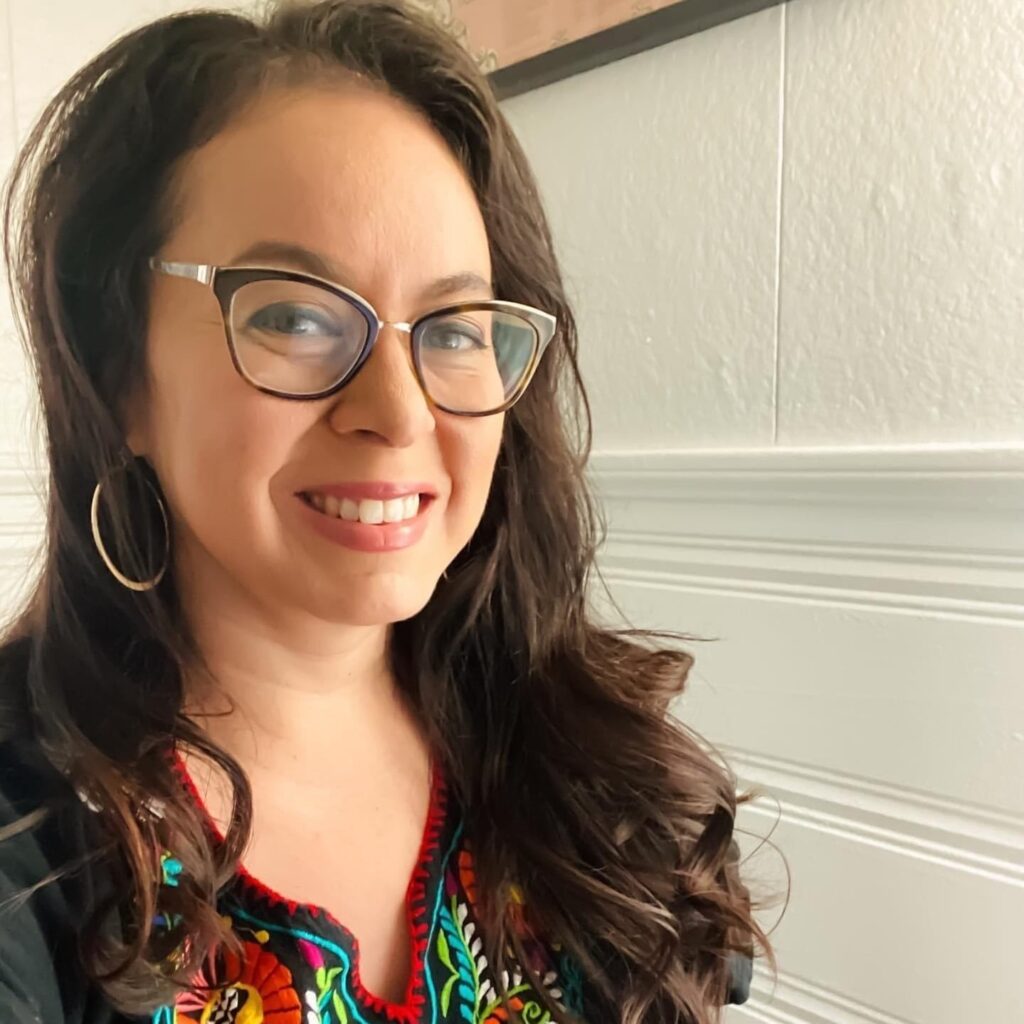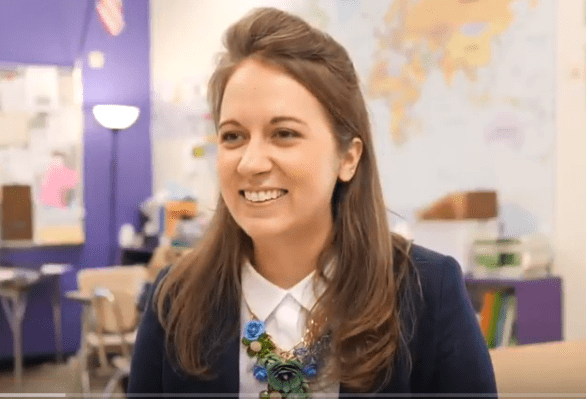I teach Family and Consumer Sciences and Leadership at Mount Vernon High School. Mount Vernon, Washington is located in the heart of the Skagit Valley in the northwest part of the state, and is most well-known for the millions of tulips that bloom throughout the month of April. While many tourists travel to Skagit Valley from around the world once a year to witness the awe of the beautiful tulip fields, I commute into the valley year-round to witness a beautiful blooming of a different variety.
Washington is located in the heart of the Skagit Valley in the northwest part of the state, and is most well-known for the millions of tulips that bloom throughout the month of April. While many tourists travel to Skagit Valley from around the world once a year to witness the awe of the beautiful tulip fields, I commute into the valley year-round to witness a beautiful blooming of a different variety.
I live in a town south of Mount Vernon, and I drive an hour and a half round-trip every day to teach at MVHS in order to witness and be a part of the amazing progress and growth in the lives of my students. I’m admittedly biased, but I believe the students of Mount Vernon are among the best there are, hands down. I drive out of my way to teach and learn with them, because I’ve never witnessed anything more beautiful than students overcoming tremendous odds and blooming in a place where many wouldn’t expect them to. Many of our students start at a disadvantage, not because of who they are, but because of a system that has been stacked against them.
Mount Vernon High School serves approximately 2,000 students. Over half of our students are Latino. Over half of our students receive free or reduced lunch. About 15% of our students are migrant students, and that number continues to increase each year. Skagit Valley is a farming community, which brings in a high number of migrant farm workers. We also have a number of students who have received DACA or are undocumented immigrants. Many of our students have been in this country the majority of their lives. And they have every bit as much promise, and every bit as much to offer, as every other student we serve at MVHS. They were brought here as babies or small children to escape immense poverty and trauma and to seek a better life. I don’t fault them for that. I don’t see how anyone can fault them for that. If the roles were reversed and I were raising my own daughter under the same circumstances that my students and their families were faced with, I would do the same thing their parents did. I would seek out a better and more promising future for my daughter at all costs.
Through no fault of their own, many of the students we are helping to prepare for college, careers, and life after high school aren’t even eligible for financial aid to help them attend college and pursue their dreams, simply due to their citizenship status. Yet, my colleagues and I work together to find ways to support them. More importantly, our students persist and overcome the tremendous odds life continues to place in front of them. And they thrive anyway. Because they have what it takes to do so, and they show us every day what they’re capable of, and the numerous ways in which they are poised and ready to change the world. We just have to ensure they have the opportunities to do so.
The Greek poet, Dinos Christianopoulos, could have easily been talking about any one of my students in Mount Vernon when he said, “They tried to bury us, they didn’t know we were seeds.” I teach in Mount Vernon because the students we serve inspire me to work as hard as I can every day to love and support them. Our students are some of the most brilliant, loving, caring, resilient, and promising young people I’ve ever had the pleasure to work with. They are our future. And as long as that is the case, our future is full of promise. I wake up energized to go to work every day because of the amazing students I have the pleasure to serve in Mount Vernon. They are the reason I teach where I teach.
Robert Hand is the 2018-2019 Washington Teacher of the Year.
This post is a part of an ongoing series, called “Why I Teach Where I Teach,” which asks educators in high-need schools to share what has attracted (and kept) them in the challenging environments they’re in. They share important stories and experiences that should remind us all of the power of strong school leadership, a network of supportive colleagues, and the genuine opportunity to have a say in schoolwide decisions. Listen up! They’re teaching us.





 Washington is located in the heart of the Skagit Valley in the northwest part of the state, and is most well-known for the millions of tulips that bloom throughout the month of April. While many tourists travel to Skagit Valley from around the world once a year to witness the awe of the beautiful tulip fields, I commute into the valley year-round to witness a beautiful blooming of a different variety.
Washington is located in the heart of the Skagit Valley in the northwest part of the state, and is most well-known for the millions of tulips that bloom throughout the month of April. While many tourists travel to Skagit Valley from around the world once a year to witness the awe of the beautiful tulip fields, I commute into the valley year-round to witness a beautiful blooming of a different variety.

